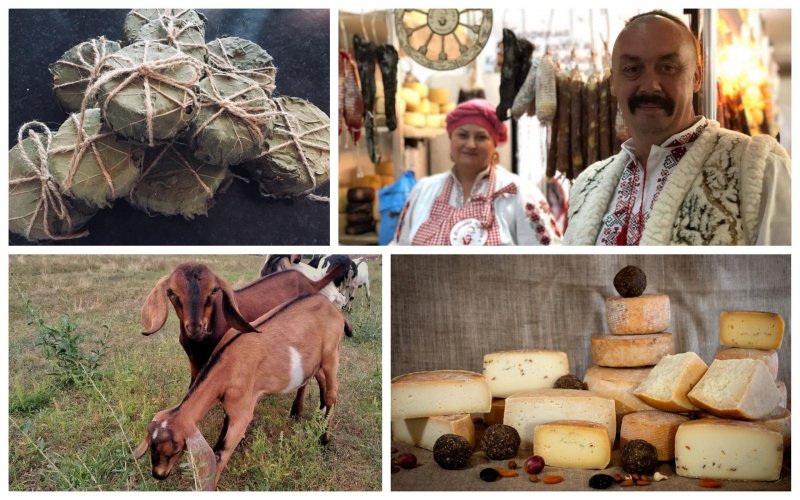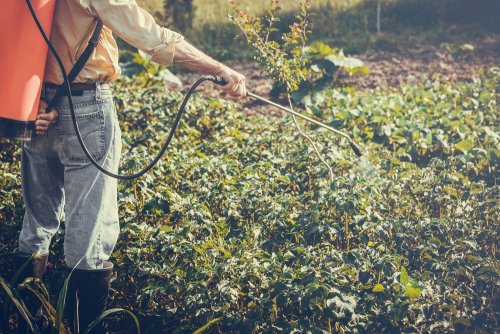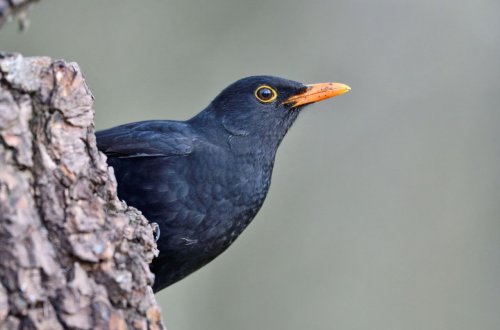An eco-farmer from Donetsk region Serhii Svyridenko relocated his dairy production business "Cossack Yard" to Volyn in July 2022 and continues to do what he loves.
The man moved with his family, animals and equipment eco-farms and tries to adapt to new conditions, reports Eastern version.
"Before the full-scale invasion of the Russian Federation, the Kozatske Podvirya eco-farm produced fermented milk products, hard cheeses, meat delicacies and semi-finished products. Business was developing, people actively bought products, there was a great demand. But the situation changed after February 24," the article says.
Svyridenko started producing goat cheese in the city of Kostyantynivka in 2016 after participating in the anti-terrorist operation.
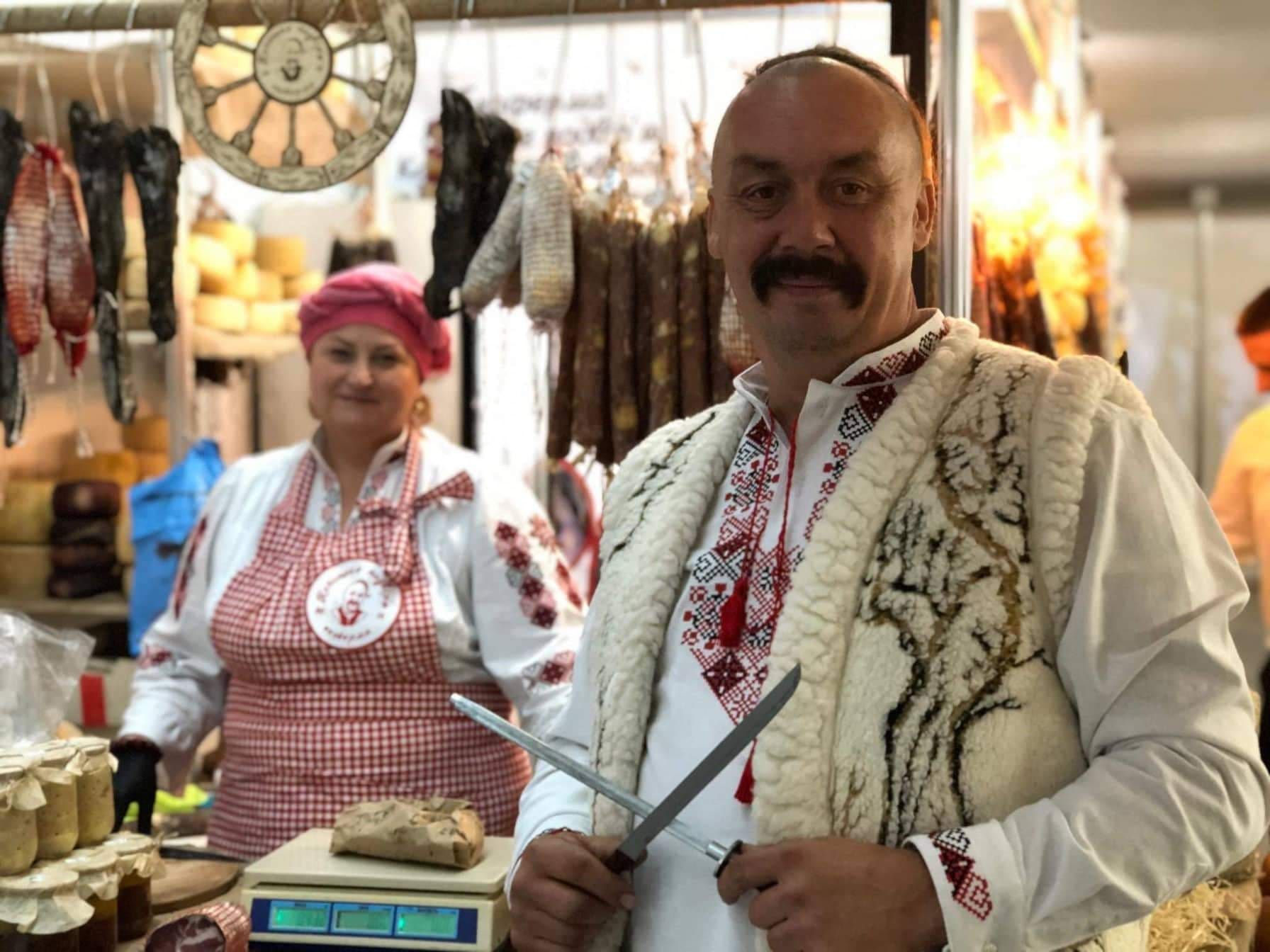
He told that everything started with buying goats and making cheese at home. At first there were only cheeses, and then he received a grant to build a separate cheese factory. Because of the whey residues in production, the eco-farm was also replenished with pigs and began to produce meat delicacies.
Svyridenko emphasized that with the beginning of a full-scale invasion, production had to be stopped for a while. However, the family tried to adapt to new conditions. The situation changed a lot after the enemy's massive shelling of the infrastructure of the city and region.
"Lights, water and gas supply started to disappear. And then I realized that we will not survive this winter here with our production," explained the farmer.
He said that he found suitable premises and conditions for animals and production in Volyn. There was an opportunity to use the business relocation program from territories where active fighting is taking place, but the transportation of animals by "Ukrzaliznytsia" or "Ukrposhta" forced the man to organize everything on his own.
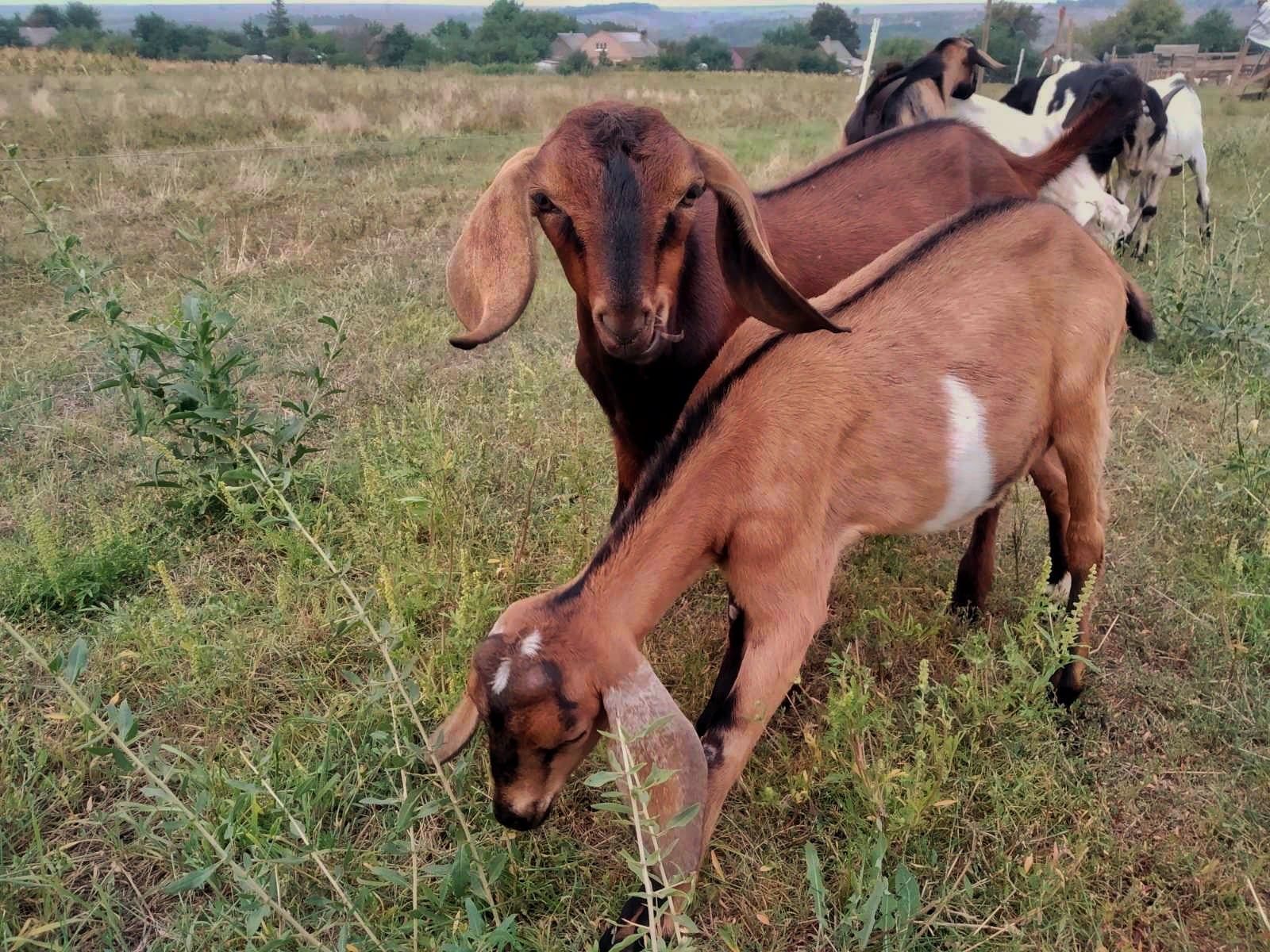
However, problems began in the new place. So heavy rains fell in the region, and the goats could not adapt to other grass.
Svyridenko noted that the goats had digestive problems, and some of the animals died. In addition, they stopped milking in October, although according to the norm, the end of the goat milking period is the second half of November.
He also said that after the move, production partially started only two months later. Currently, local residents are helping the farmer buy fodder and hay for the goats. The main task is to overwinter with production and animals, so that the goats start milking in the spring, and the enterprise receives income in a new place.
The company's adaptation is also complicated by the country's power outages caused by Russian shelling of Ukraine's critical infrastructure. At moments of blackout, the production of the eco-farm stops completely, unable to continue.
"We have a specific production. Our product needs another month and a half to manufacture. Therefore, you will receive the first money in the best case after a month and a half. But you still need to have a number of customers. There is no transport for transporting products yet, but we have already received the first funds from a grant from the International Veterans Fund for the purchase of such transport," said the farmer.
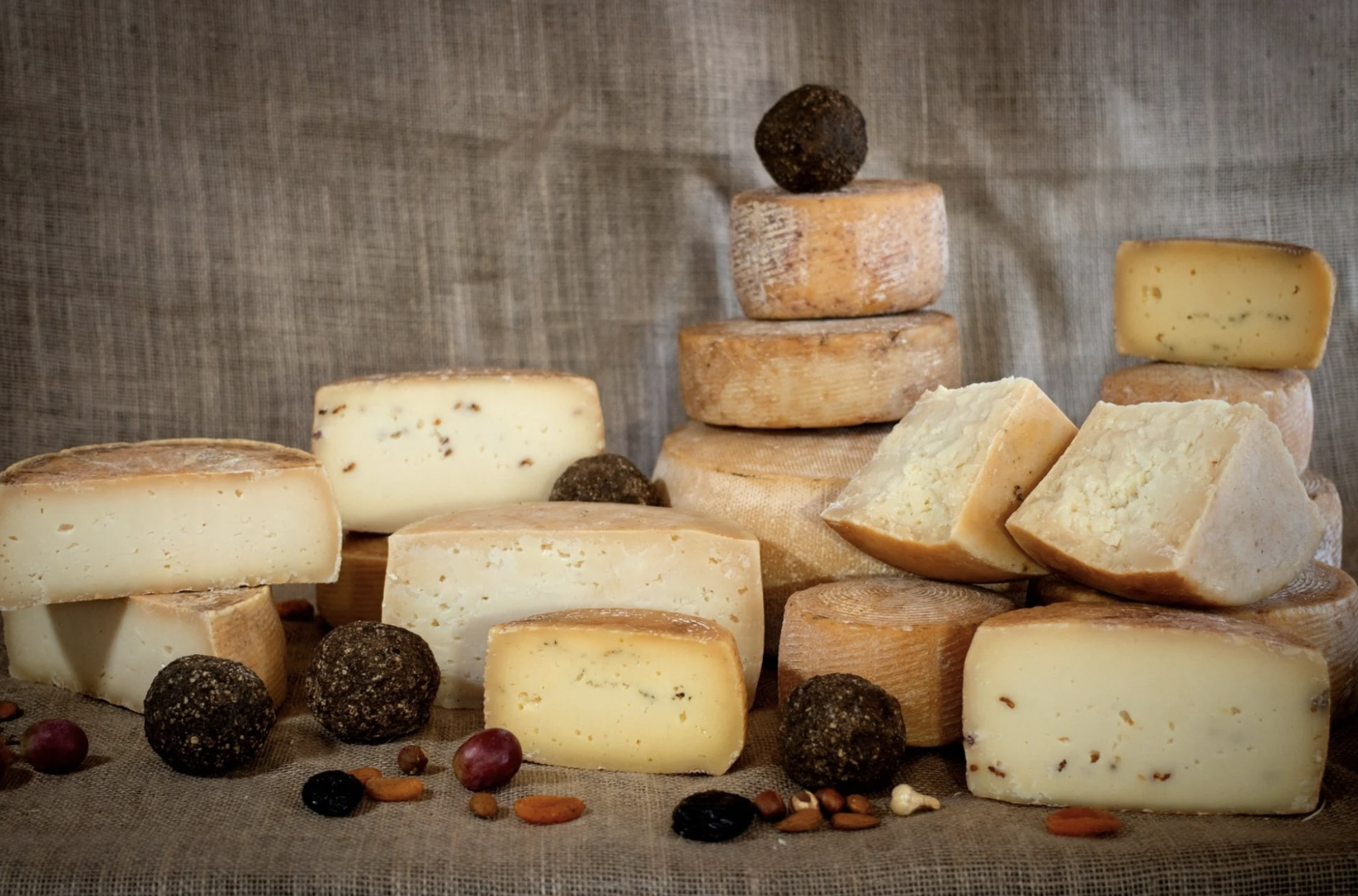

According to the entrepreneur, the availability of transport will facilitate the delivery of products by local stores with which sales contracts have already been concluded. In addition, products continue to be sold through the official internet site.
Currently, there are three people working in the "Cossack Yard" in Volyn - a shepherd, a maintenance person and a milkmaid who came here to continue working at the enterprise from Kostyantynivka. The gradual roll-out of production will make it possible to hire a few more local workers, providing them with jobs.
The material also noted that 1% of the sale of goods goes to the needs of the Armed Forces. Military personnel and their families receive a 5% discount on orders. At the same time, no documents are required, it is enough to specify this information when ordering.
As EcoPolitic reported before, in Transcarpathia, the company Wind Parks of Ukraine wanted to conduct relocation of the Kramatorsk wind farm in the Zhdeniiv territorial community. However, local eco-activists opposed, citing the fact that windmills can destroy the ecosystem of the mountains, in particular the valleys of the Vododilny Khrebt.

